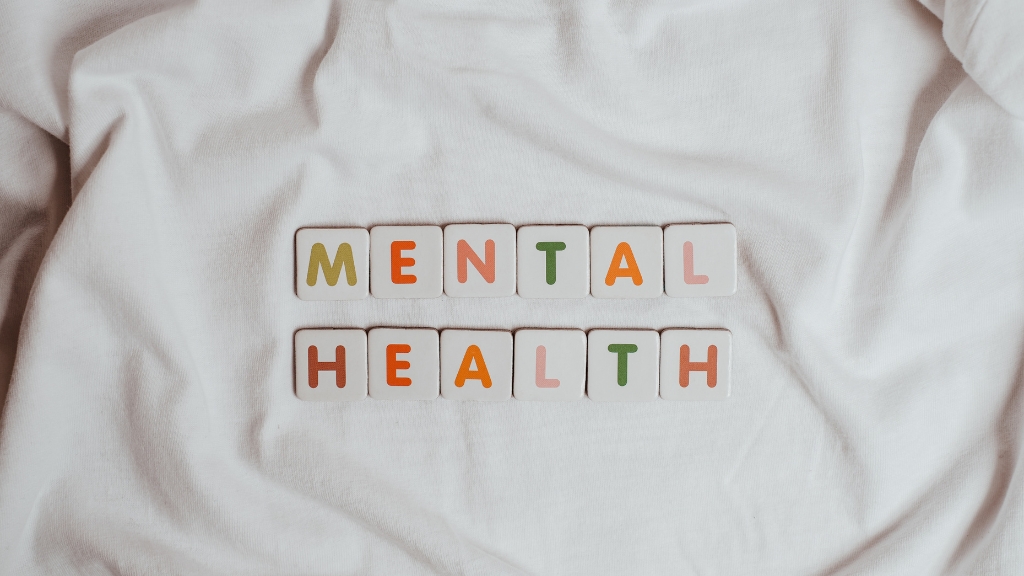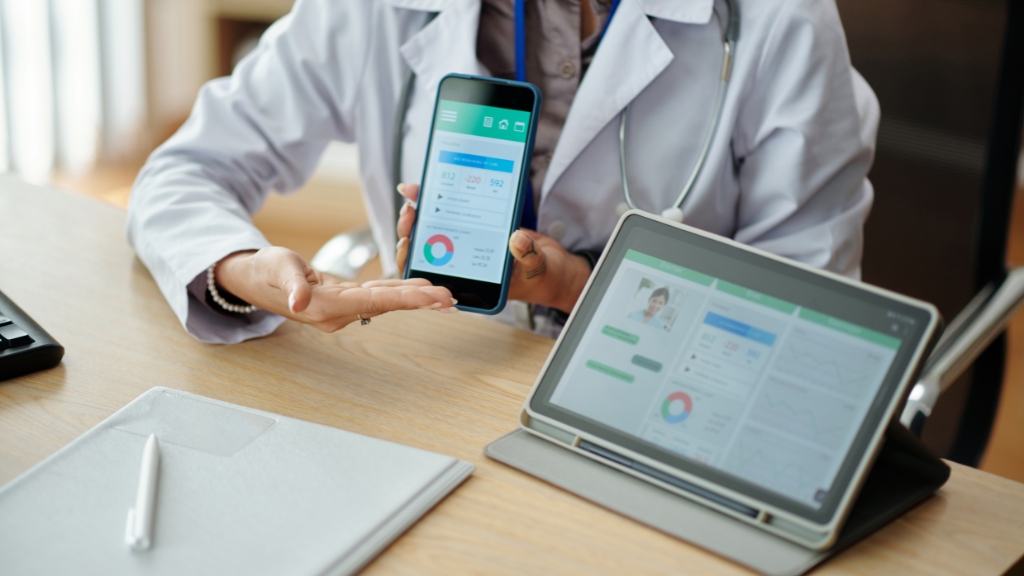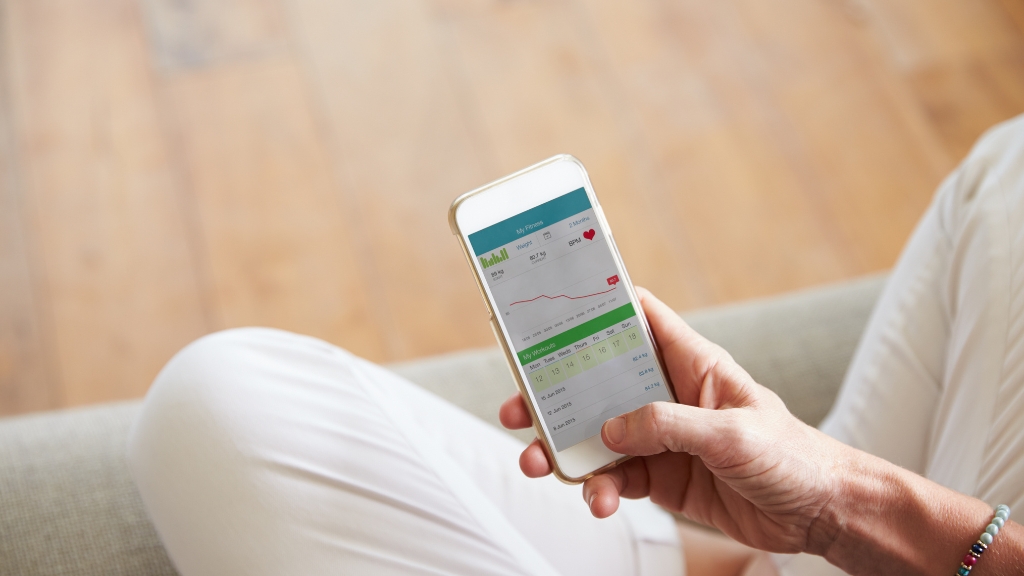
Healthcare Apps and Mental Health: Tools for Wellness on the Go
In recent years, healthcare apps have introduced a groundbreaking shift in mental health support, making wellness tools accessible anytime, anywhere. These apps provide a wide range of features, from guided meditation and cognitive behavioral therapy (CBT) exercises to mood tracking and journaling tools, all tailored to help users manage their mental health on the go.
The Role of Healthcare Apps in Mental Health
1. Reducing Barriers to Access
Traditional therapy can be challenging for many individuals due to geographical, financial, or time constraints. Healthcare apps bridge these gaps by offering immediate support, allowing users to engage in mental health practices on their schedules. With apps providing resources for mindfulness, emotional resilience, and mental health education, users can access tools that may not have been otherwise accessible, especially in rural or underserved areas.
2. Promoting Self-Care and Routine Mental Health Management
Mental health apps encourage users to integrate self-care practices into their daily routines. Many apps focus on mindfulness, stress reduction, and meditation, supporting users in managing everyday stressors and improving their emotional well-being. Features such as mood tracking enable users to monitor their mental health patterns and reflect on progress, making these tools a valuable complement to traditional therapy.
3. Evidence-Based Therapies
Several mental health apps offer evidence-based therapy models, including CBT and dialectical behavior therapy (DBT) exercises. These apps often provide guided sessions that help users develop healthy coping mechanisms and emotional regulation skills. Some apps are even designed in collaboration with mental health professionals, ensuring that the content aligns with established therapeutic practices.
4. Crisis Support and Immediate Assistance
Several healthcare apps are equipped with resources for crisis intervention, providing users with options to connect with trained counselors or helplines during emergencies. This instant access to support is particularly beneficial for users experiencing heightened anxiety, panic, or depressive episodes, allowing them to seek help when they need it most.
Popular Healthcare Apps for Mental Health
Some widely used apps in this space include:
- Headspace and Calm: These apps offer guided meditation and relaxation exercises, which can help reduce anxiety and improve sleep.
- BetterHelp and Talkspace: These apps connect users with licensed therapists for virtual counseling, providing a convenient option for those seeking professional support.
- Moodfit and Happify: Designed to track mood and provide positive psychology exercises, these apps help users work on resilience, mindfulness, and cognitive restructuring.
Benefits of Healthcare Apps for Mental Health
- Anonymity and Confidentiality
- Apps provide a discreet way for users to engage in mental health care, which can appeal to individuals concerned about stigma. Users can explore resources privately, allowing for a non-judgmental environment.
- 24/7 Accessibility
- Unlike in-person therapy, which typically requires scheduling, mental health apps are available anytime, providing round-the-clock support. This accessibility makes them especially useful for those with unpredictable schedules or frequent mental health needs.
- Cost-Effectiveness
- Many mental health apps are free or offer affordable subscription options, making them a viable choice for users who may not have insurance coverage for traditional mental health services.
Limitations of Mental Health Apps
While healthcare apps can greatly support mental wellness, they have limitations. Not all apps are supervised by licensed professionals, and self-guided tools may not be suitable for individuals with severe mental health conditions. Additionally, while apps can provide crisis support options, they cannot replace in-person or emergency mental health services when needed.
FAQs
1. Are mental health apps a replacement for therapy?
Mental health apps can supplement therapy but are not a complete replacement, especially for individuals with severe mental health needs.
2. How secure is my information on these apps?
Many apps comply with data protection laws, but reviewing each app’s privacy policy is essential to ensure data security.
3. Do mental health apps require internet access?
Some features, like virtual counseling, require internet access, while others, like mood tracking, may work offline.
4. Can I use mental health apps if I see a therapist?
Mental health apps can complement therapy by providing tools that enhance mindfulness, coping skills, and emotional tracking.
5. Are mental health apps effective?
Research suggests that many users benefit from mental health apps, especially for managing stress and building resilience, but effectiveness varies by individual and app type.
Leave a Reply
- AI in Diagnostics: Revolutionizing Early Detection and Accuracy
- How AI and Advanced Analytics Are Transforming Healthcare Outcomes
- Investing with Confidence: The Role of ROI Calculators
- How ROI Calculators Drive Data-Driven Business Strategies
- The Ultimate Guide to ROI Calculators for Business Success
- Making Sense of ROI Calculators: A Comprehensive Guide
- June 2025 (1)
- May 2025 (1)
- October 2024 (2)
- September 2024 (31)
- August 2024 (31)
- July 2024 (27)
- June 2024 (28)
- May 2024 (30)
- April 2024 (33)
- March 2024 (23)
- February 2024 (29)
- January 2024 (3)
- December 2023 (47)
- November 2023 (36)
- October 2023 (23)
- September 2023 (2)
- June 2023 (2)
- May 2023 (13)
- April 2023 (1)




